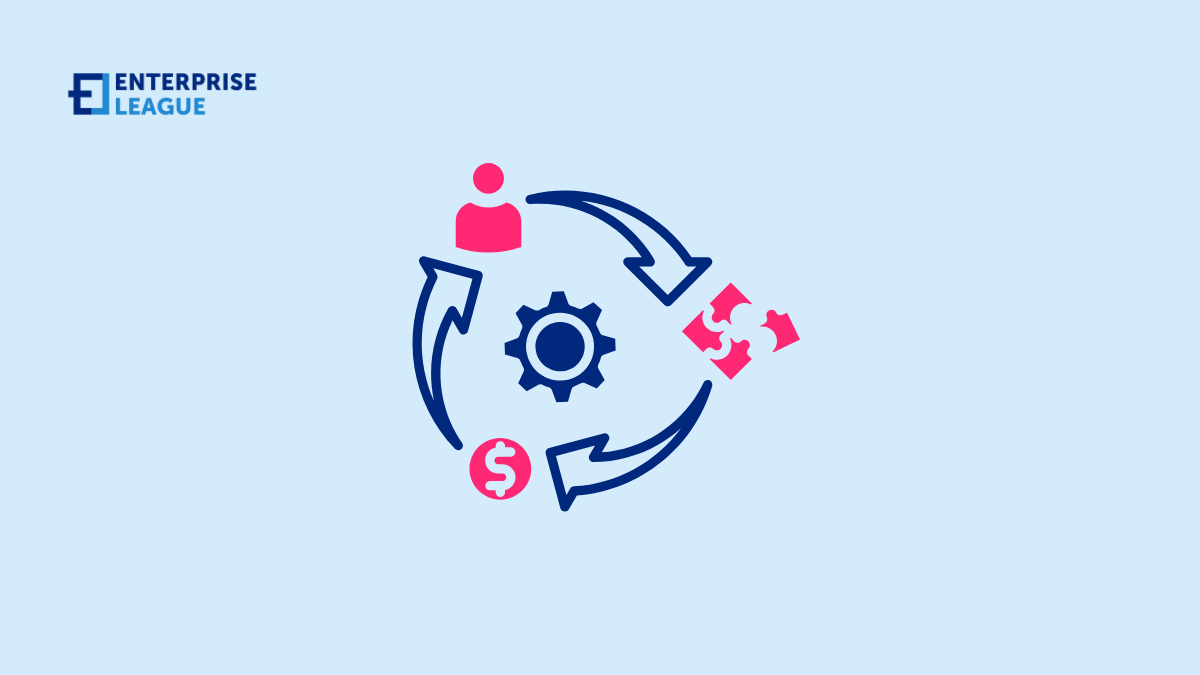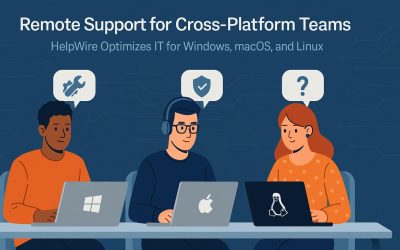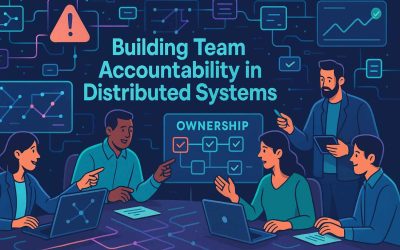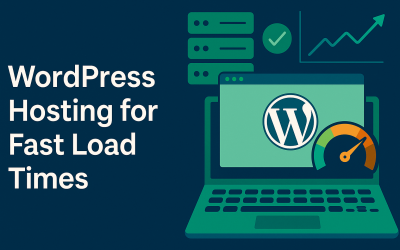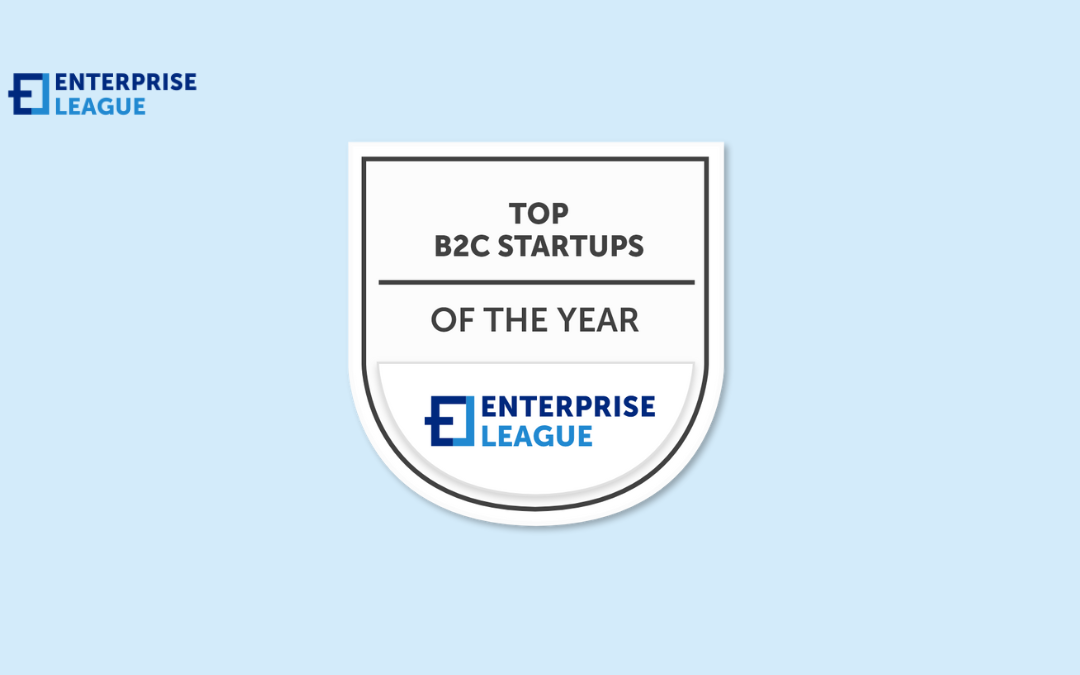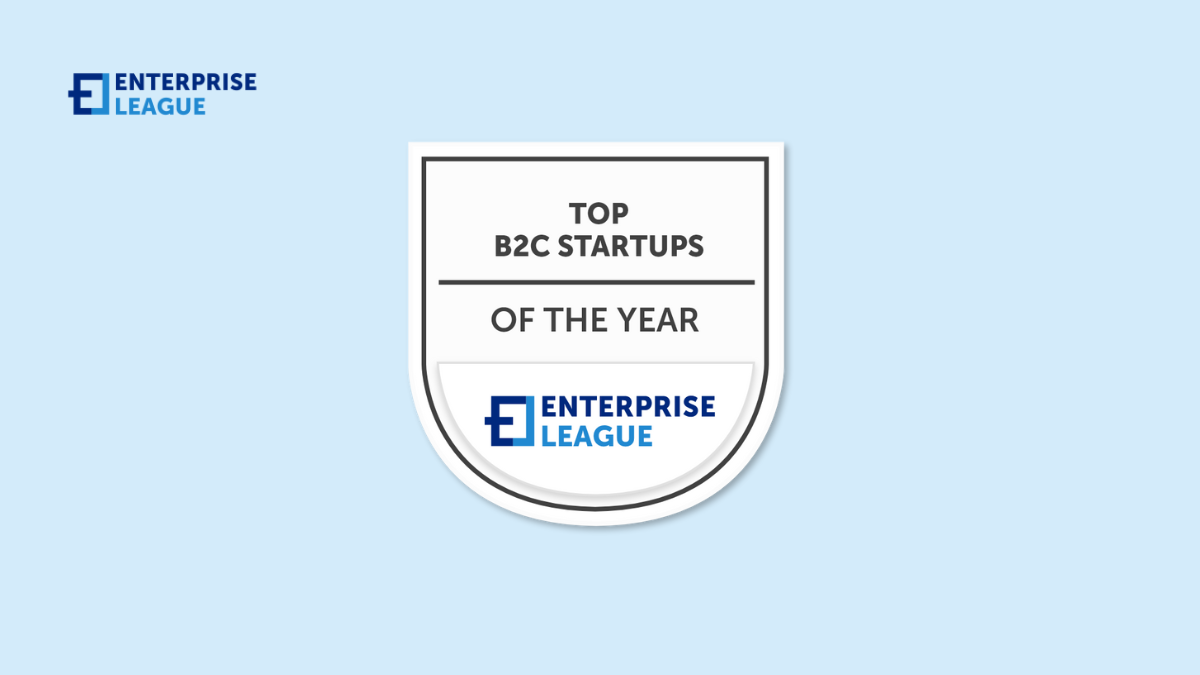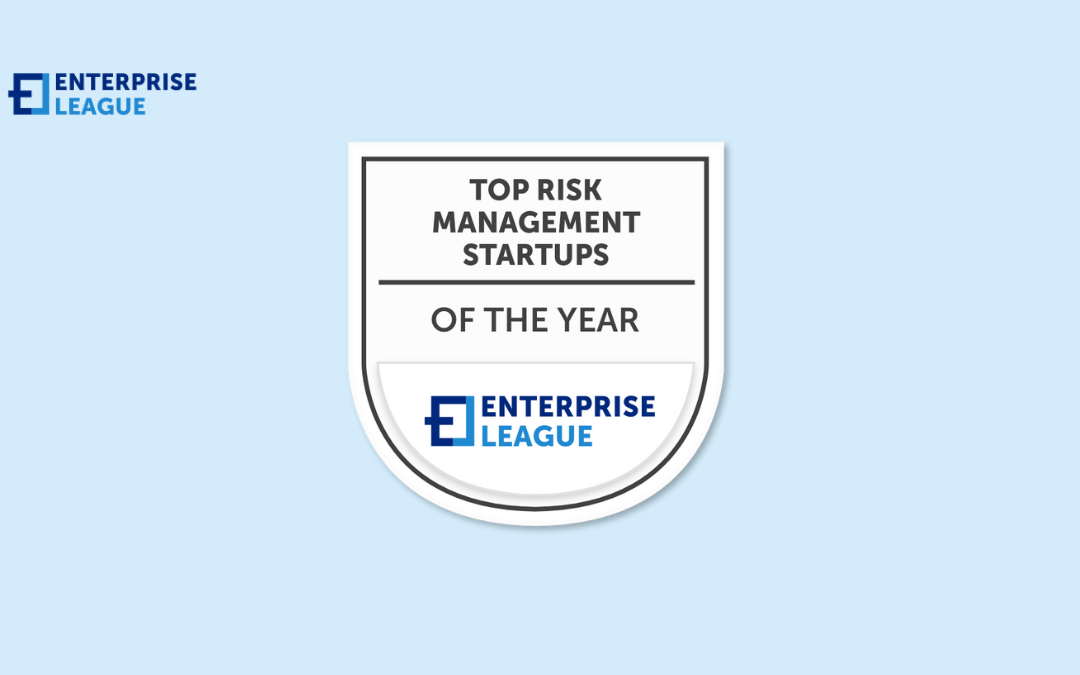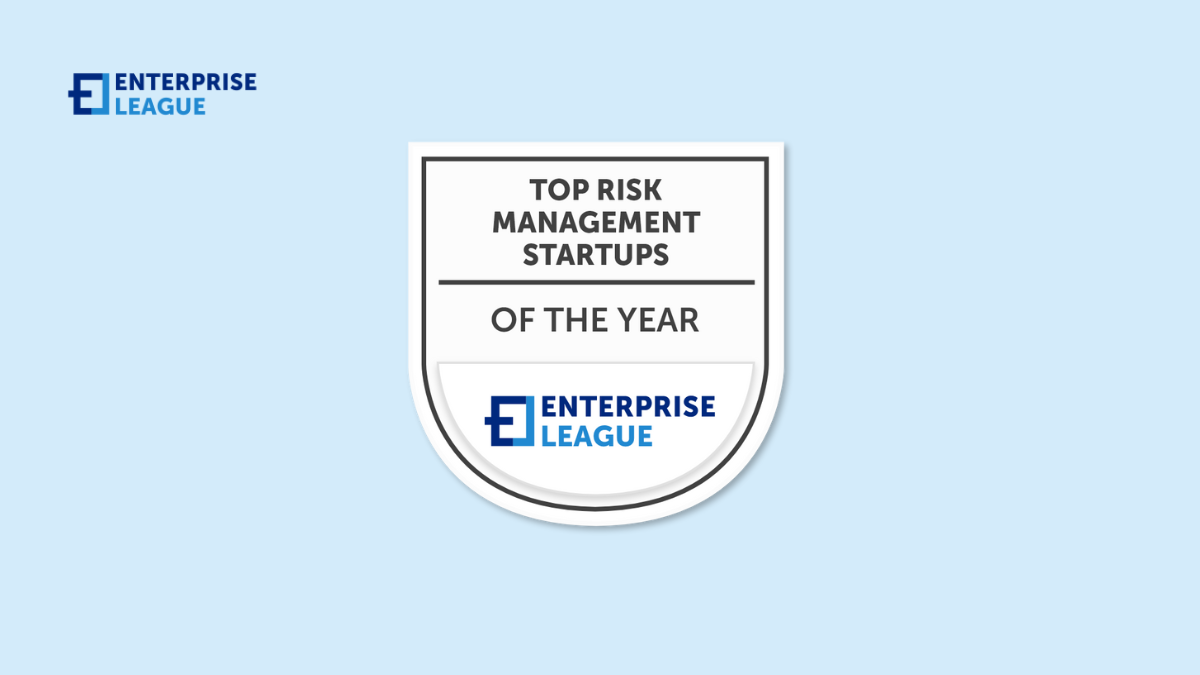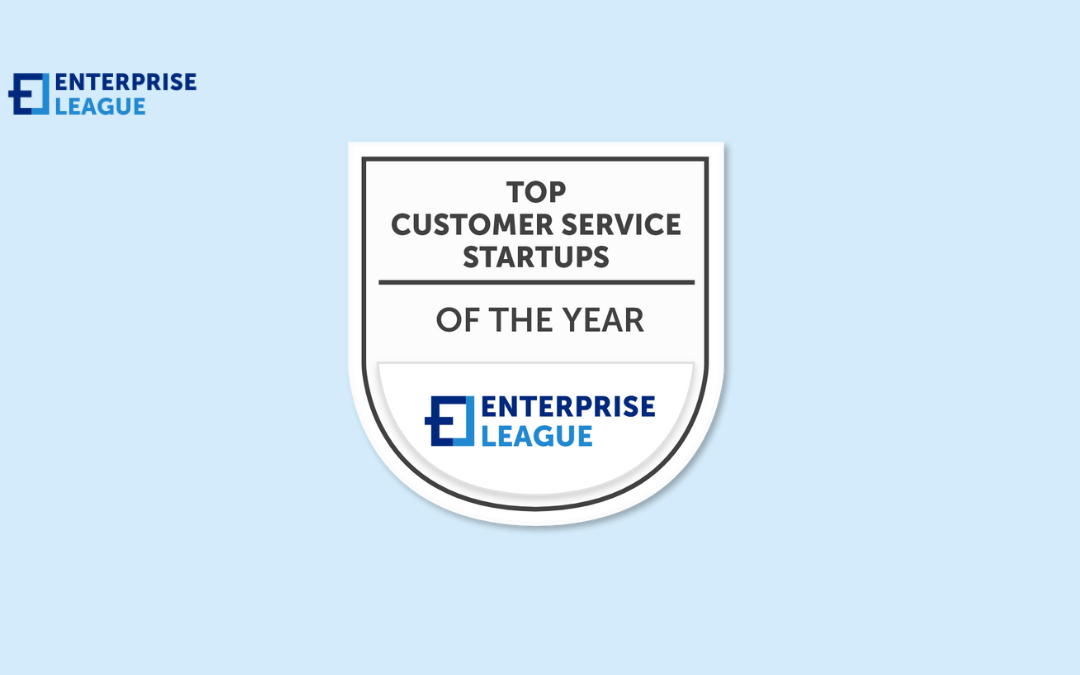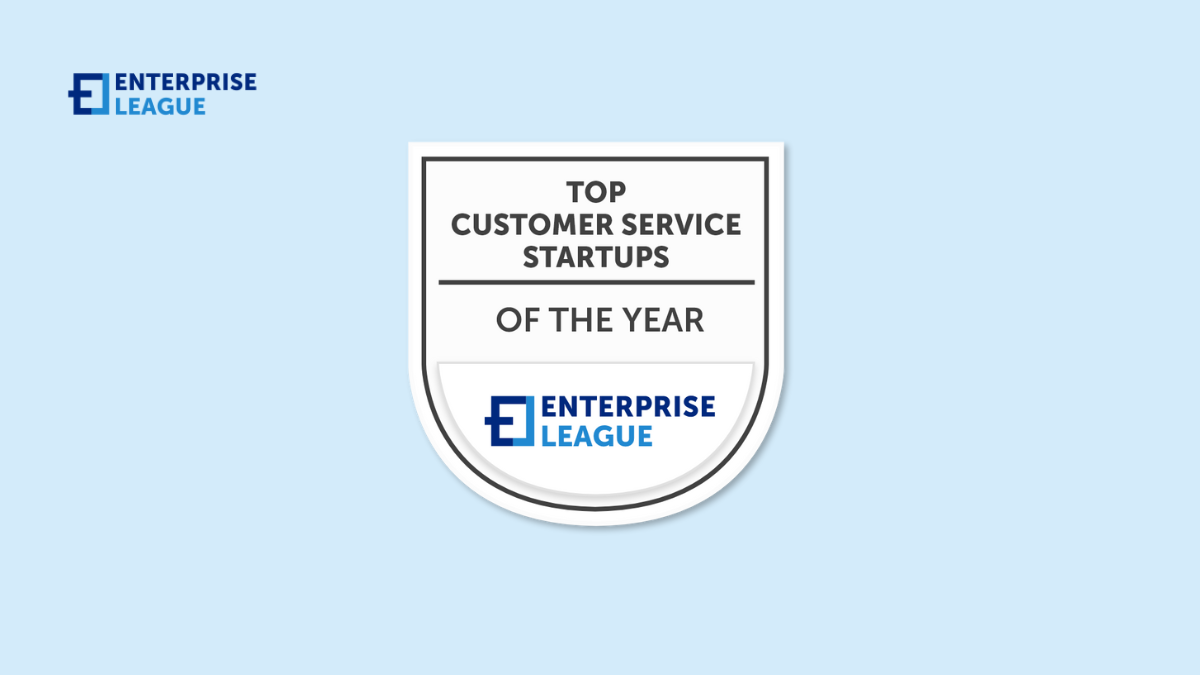You need a fast connection for streaming shows, working from home and playing video games, so finding the right internet company is essential. The crowded market of providers includes promises of good deals and unrestricted connections. What are the top...

Retail business model fundamentals and best practices
With a market size value predicted to reach USD 40.735 Trillion by 2030, retail remains one of the most familiar business models. Despite major changes in shopping habits and technology, people still value the simple experience of finding what they need in a physical store. From retail startups testing new ideas to established department stores, this model continues to shape how most of us buy our everyday items.
How retail business model works
The basics of the retail business model are pretty simple. Shop owners stock their stores with items they buy in bulk from suppliers. They price these items higher than what they paid, which creates their profit. Good retail owners pick products people actually want, keep their prices reasonable, and make sure they have enough items in stock. That’s really all there is to it, buy wholesale, sell retail, and make money on the difference.
Core principles of retail business model
The retail model relies on a few key factors to work well. Picking the right products takes research and knowing your market since guessing what people might buy is risky. A store’s success also depends heavily on finding that middle ground with pricing, especially when dealing with tough competition.
Most shop owners find that maintaining just enough inventory, choosing a busy location, and training friendly staff make the biggest impact on their sales. These parts might seem obvious, but plenty of retail stores struggle when they miss even one of them. Beyond these basics, getting customers and increasing sales requires smart marketing, great service, and an engaging shopping experience that makes people want to return.
Building the right retail business
Creating a retail store that stands the test of time starts with laying the right groundwork, from planning to execution.
- Market research: Look at what similar stores are doing in your area, who shops there, and why some stores do better than others. Your gut feeling isn’t always right
- Financial planning: Calculate how much money you need to start, including extra cash for those first few slow months. Many stores fail because they run out of money too soon
- Supplier relations: Find reliable suppliers who deliver quality products on time and at good prices. Bad suppliers can ruin your reputation quickly
- Staff selection: Hire people who care about customer service and train them well. Good employees make customers want to come back
- Store layout: Design your store to make shopping easy and enjoyable. A well-organized shop helps customers find what they want and often buy more
Getting these fundamentals right early on saves you from costly mistakes later, giving your store a better chance at long-term success.
Retail vs. E-commerce
A brick-and-mortar retail store operates quite differently from an online shop, with each having its own advantages for both business owners and customers.
- Business Costs – Physical stores deal with rent, utilities, and store maintenance, while online shops spend money on website hosting and digital marketing. Running a local store usually costs more
- Customer Experience – Store shoppers can touch products, try things on, and take items home right away. Online buyers rely on photos and reviews but enjoy shopping from their couch
- Stock Management – Local stores must carefully manage limited shelf space and keep products organized. Online retailers can list thousands of items without space limits
- Market Reach – Physical stores mainly serve local customers who can visit in person. Online shops can sell to people anywhere, though shipping costs affect their reach
- Personal Service – Retail stores offer face-to-face help and immediate problem-solving. Online shops provide convenience but lose that personal touch
The choice between retail and e-commerce often comes down to what you’re selling and who you’re trying to reach, with many businesses now choosing to do both.
Conclusion
While opening a physical store costs more than selling online, many customers still prefer shopping in person, touching products, and getting help from real people. Smart store owners know their local market, keep costs under control, and create an experience that keeps shoppers coming back. Whether you’re focused on getting your product in stores or building customer loyalty, success comes down to planning, execution, and adapting to changing consumer trends. With good strategy and attention to the basics, retail stores can still thrive, even as online shopping grows more popular.
More must-read stories from Enterprise League:
- Why hiring millennials might be the best decision you can ever make.
- Proven and tested psychological tactics for successful marketing.
- Getting your product in stores doesn’t have to be complicated.
- Entrepreneurs over 70 that have defiled old age.
Related Articles
Internet Service Providers: What You Need to Know
What Are My Options for 24-Hour Fire Watch Services Near Me?
The fire risks associated with running a business change depending on each company's operations. Whether your employees work on construction sites, manage residential units or clock in at a traditional office, fire watch experts can help. Explore your options...
Remote Support for Cross-Platform Teams: How HelpWire Optimizes IT for Windows, macOS, and Linux
In the current business environment, IT teams are tasked with supporting increasingly complex and diverse workforces. With many companies transitioning to remote and hybrid work models, the need for reliable, cross-platform support has never been more apparent....
Building team accountability in distributed systems
You can draw the neatest architecture diagram, pick the trendiest frameworks, and still find yourself on a midnight incident call where everyone says, "I thought someone else owned that." That moment is familiar to anyone who runs distributed systems: the technology...
Best Managed WordPress Hosting Brands With Serious Performance
When you're running a WordPress website that needs to perform, picking the right hosting provider becomes a technical decision that directly affects your bottom line. Load times, server response rates, and uptime percentages translate into real visitor behavior. A...

